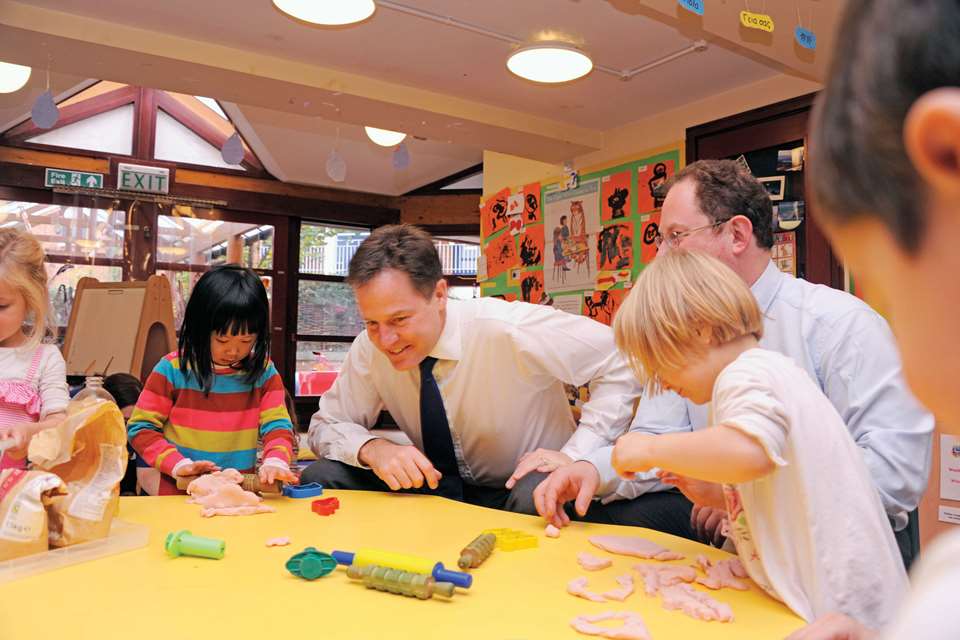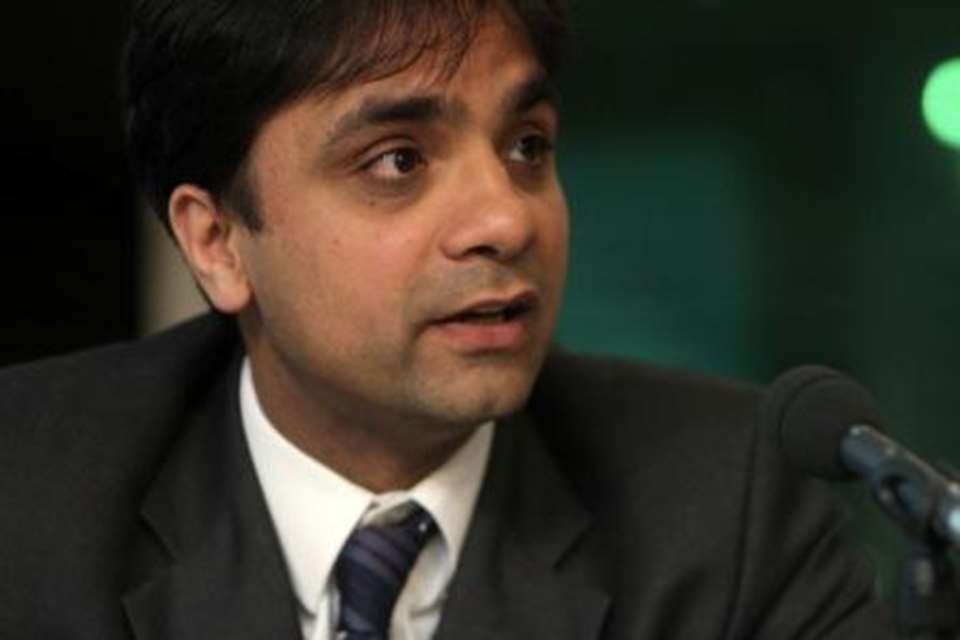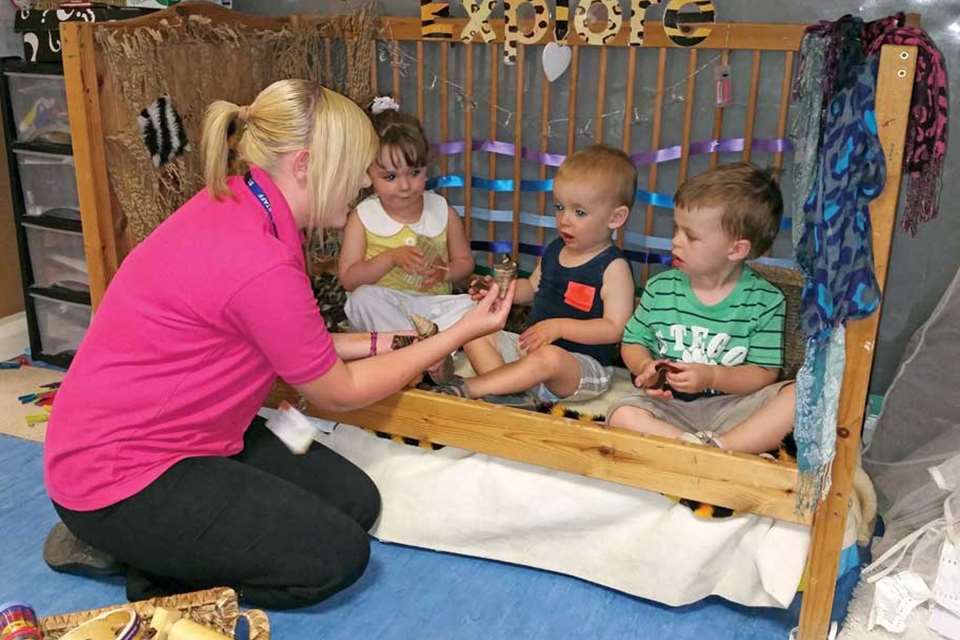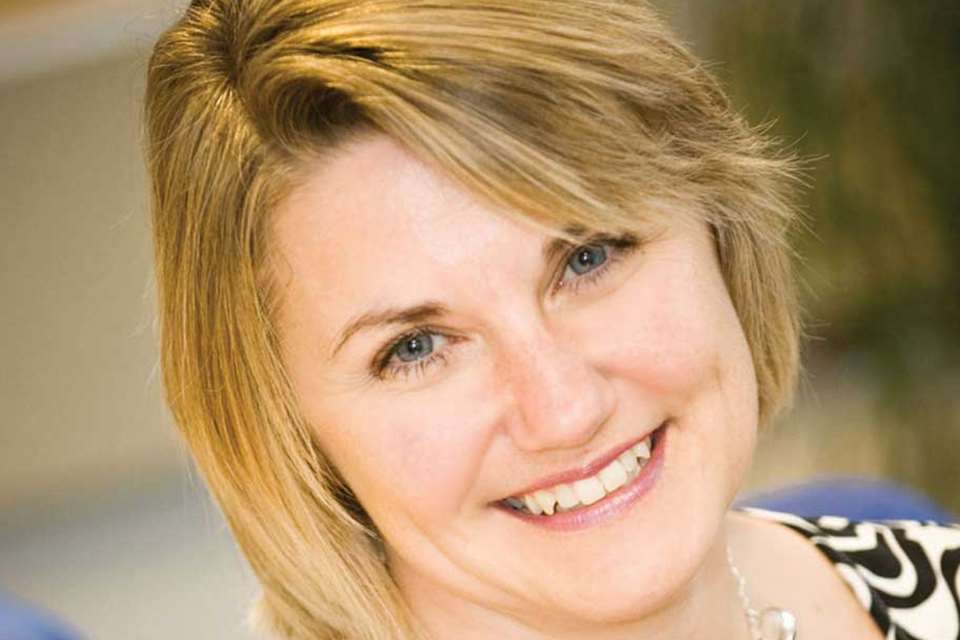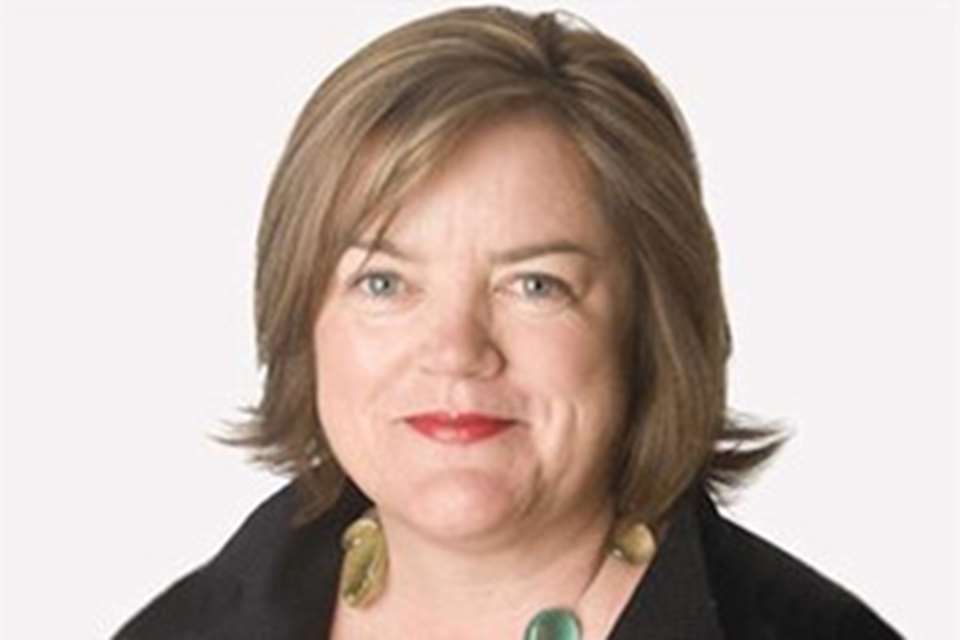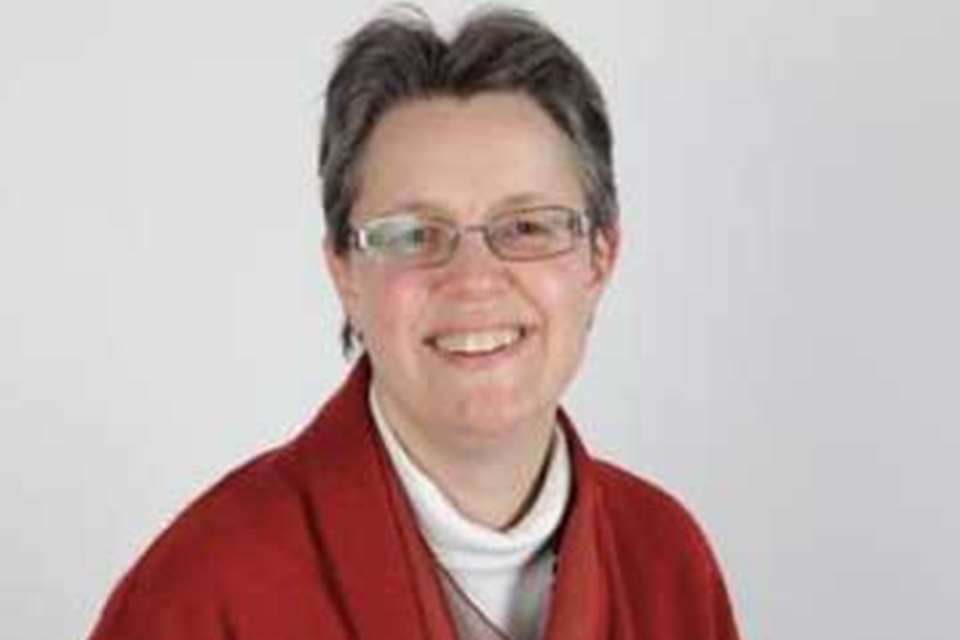General Election - The state of play for families
Anne Longfield
Monday, August 25, 2014
A 'stocktake' of family-focused policies from the three main political parties provides some insight into where their priorities lie. Chief executive of charity 4Children Anne Longfield explains.

Family policy will be the key to winning votes at the general election next year and all political parties need to be more ambitious in what they are offering.
4Children's Policy Stocktake analyses the current state of play of family policies adopted by each of the three main parties, and reveals that though each party has already outlined a number of specific family-friendly polices, these do not go nearly far enough. This comes ahead of the annual party conference season, where further announcements might be expected, and the election pledges of their 2015 manifestos.
Earlier this year, 4Children launched its own ambitious manifesto calling for a new approach to support for children and families in the UK, Making Britain Great for Children and Families.
In it, we outlined the shift in ambition needed across every aspect of life in Britain today, and highlighting specific policy developments that would make a real difference to the lives of our families and children, including: flexible universal childcare from 0 to 14; a network of children and family centres, with integrated support in our communities for all those who need it, particularly those 'just coping'; and intensive support for families in crisis. Families are the country's greatest asset, but those that are most vulnerable need support to flourish. Our expectations are high. We need nothing less than real vision and leadership in next year's general election.
CHILDREN AND FAMILIES POLICY STOCKTAKE (AT AUGUST 2014)
Childcare - free entitlement offer for one-year-olds
Current position n/a
Conservative n/a
Labour n/a
Liberal Democrats Ten hours a week for babies between one and two.
Childcare - free entitlement offer for two-year-olds
Current position Twenty per cent (130,000) of most disadvantaged two-year-olds; there will be a further extension from September 2014 to 40 per cent (260,000) most disadvantaged two-year-olds. Only available in settings rated good or outstanding.
C n/a
L n/a
LD 15 hours a week for all two-year-olds.
Childcare - free entitlement for three- and four-year-olds
Current position Since September 2010, all three- and four-year-olds in England have been eligible for 15 hours of free early education per week.
C n/a
L Extend to 25 hours by raising bank levy by £800m for families where both parents or the single parent works.
LD Extend to 20 hours.
Regulation of early years childcare
Current position Early Years Foundation Stage (EYFS) from September 2014. Qualification: all newly qualifying Level 3 staff must have GCSE English and maths at grade C or above. Removal of need to provide a behavioural policy and risk assessment, the need for a named SENCO and the requirement to ask for parental permission to take children on outings.
C n/a
L More graduates teaching early years in schools.
LD By 2020 the leader of every children and family centre is educated to degree level.
Childminder agencies/childcare hubs
Current position Developing childminder agencies to support childminders and cut red tape.
C n/a
L Have raised concerns that agencies may increase costs for parents rather than decrease them.
LD Recommend that, as finances allow, children and family centres and other full daycare settings that are assessed as good or outstanding by Ofsted form part of the Government's plans for childminder 'hubs', blurring the unhelpful division between access to childminders and daycare providers. These hubs would offer a one-stop shop for parents to access additional hours needed for wraparound care through one of their network of linked, quality-controlled childminders. Those childminders connected to each hub would have to meet clear requirements, including offering the free entitlement where applicable and complying with the EYFS. They refer to 4Children's model.
Children's centres
Current position n/a
C Local authorities continue to have responsibility for provision of centres and early help; better integration with local health services to 'really extend and expand their role'.
L Ensure childcare providers and health services co-operate with Sure Start centres as the new hubs of family support in communities.
LD As local authority finances allow, continuing the roll-out of children and family centres.
Wraparound care
Current position A range of provision operates before and after school and during school holidays to provide childcare for four- to 14-year-olds. There are significant recognised gaps.
C Plans for schools to extend the school day. Call for school nurseries to open for 10 hours each day, from 8am to 6pm, to offer working parents more 'flexibility and choice'.
L A 'legal guarantee' of childcare between 8am and 6pm - from breakfast to after-school clubs - at primary schools to help working parents.
LD Acess to wraparound care through childcare hubs.
Parental leave
Current position Statutory maternity leave is 12 months. Ordinary paternity leave is one or two weeks; additional up to 26 weeks, but can only be taken if mother/co-adopter returns to work.
C Possible additional support for grandparents
L Allow parents to transfer their parental leave to grandparents.
LD Welcome shared parental leave, but strongly recommend that the first six weeks of leave are protected for mothers for health reasons.
Early Years Pupil Premium
Current position Giving nurseries, schools and other providers of Government-funded early education extra money for disadvantaged three- and four-year-olds.
C n/a
L n/a
LD Party policy to create 'a "Nursery Premium" to target extra resources towards improved pre-school provision and parenting support for the most disadvantaged families'.
Vulnerable families
Current position Troubled Families (TF) programme will reach 160,000 families this year; yet unfunded to expand to half a million from 2015.
C TF launched and led by Tories, and David Cameron spoke about its future expansion in August.
L Recognition of importance of support for families with complex needs.
LD Positive on TF as creating stronger economy and fairer society.


